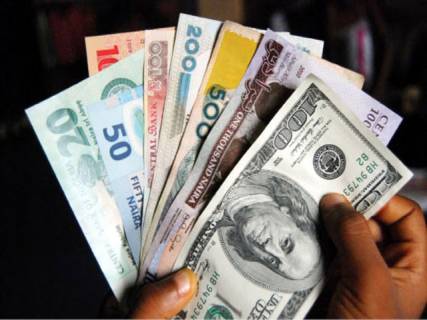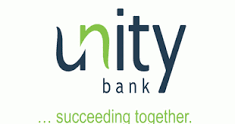Inflation Rate Dips To 11.08 Per cent In July

By Ngozi Onyeakusi — The National Bureau of Statistics (NBC) has disclosed that the annual inflation in Nigeria stood at 11.08% in July, compared with 11.22% in June. A separate food price index showed inflation at 13.39% in July, compared with 13.56% in June. In the report National Bureau of Statistics said “The consumer price index, (CPI) which measures inflation increased by 11.08 percent (year-on-year) in July 2019. This is 0.14 percent points lower than the rate recorded in June 2019 (11.22 percent). Increases were recorded in all COICOP divisions that yielded the Headline index.
On month-on-month basis, the Headline index increased by 1.01 percent in July 2019. This is 0.06 percent rate lower than the rate recorded in June 2019 (1.07) percent.
“The percentage change in the average composite CPI for the twelve months period ending July 2019 over the average of the CPI for the previous twelve months period was 11.29 percent, compared to 11.29 percent recorded in June 2019. The urban inflation rate increased by 11.43 percent (year-on-year) in July 2019 from 11.61 percent recorded in June 2019, while the rural inflation rate increased by 10.64 percent in July 2019 from 10.87 percent in June 2019. On a month-on-month basis, the urban index rose by 1.07 percent in July 2019, down by 0.03 from 1.10 percent recorded in June 2019, while the rural index also rose by 0.96 percent in July 2019, down by 0.09 from the rate recorded in June2019(1.05)percent. The corresponding twelve-month year-on-year average percentage change for the urban index is 11.64 percent in July 2019. This is less than 11.65 percent reported in June 2019, while the corresponding rural inflation rate in July 2019 is 10.97 percent compared to 10.99 percent recorded in June 2019. The composite food index rose by 13.39 percent in July 2019 compared to 13.56 percent in June 2019.
“This rise in the food index was caused by increases in prices of Oils and fats, Meat, Bread and cereals, Potatoes, yam and other tubers, and Fish . On month-on-month basis, the food sub-index increased by 1.26 percent in July 2019, down by 0.10 percent points from 1.36 percent recorded in June 2019. The average annual rate of change of the Food sub-index for the twelve-month period ending July 2019 over the previous twelve-month average was13.4613.42 per cent, 0.04 percent points from the average annual rate of change recorded in June 2019 (13.42) percent. The ”All items less farm produce” or Core inflation, which excludes the prices of volatile agricultural produce stoodat8.80 percent in July 2019, down by 0.04 percent when compared with 8.84 percent recorded in June 2019. On month-on-month basis, the core sub-index increased by 0.77 percent in July 2019. This was down by 0.08 percent when compared with 0.85 percent recorded in June 2019. The highest increases were recorded in prices of Medical and Hospital services, Cleaning, Repair and hire of clothing, Repair of household appliances, Major household appliances, Domestic and household services.
“The average 12-month annual rate of change of the index was 9.52 percent for the twelve-month period ending July 2019; this is 0.12 percent points lower than 9.64 percent recorded in June 2019. In analysing price movements under this section, note that the CPI is weighted by consumption expenditure patterns which differ across states. Accordingly, the weight assigned to a particular food or non-food item may differ from state to state making interstate comparisons of consumption basket inadvisable and potentially misleading”.
It further said “In July 2019, all items inflation on year on year basis was highest in Kebbi (15.41%), Kano (13.47%) and Zamfara (13.13%),whileCrossRiver(8.87%), Delta (8.76%) and Kwara (7.93%) recorded the slowest rise in headline Year on Year inflation. On month on month basis however, July 2019 all items inflation was highest in Yobe (2.06%), Kano (2.04%) and Taraba (1.84%), while Akwa Ibom (0.19%) recorded the slowest rise with Bauchi and Ondo recording price deflation or negative inflation (general decrease in the general price level of goods and services or a negative inflation rate). In July 2019, food inflation on a year on year basis was highest in Kebbi (17.75%), Ekiti (16.23%) and Adamawa (16.00%), while Delta (10.60%), Bayelsa (10.43%) and Kogi (10.36%) recorded the slowest rise. On month on month basis however, July 2019 food inflation was highest in Yobe (2.82%),Taraba (2.56%) and Ekiti (2.38%), while Kogi (0.06%) recorded the slowest rise with Ogun and Ondo recording food price deflation or negative inflation (general decrease in the general price level of goods and services or a negative inflation rate)”.







Leave a Reply